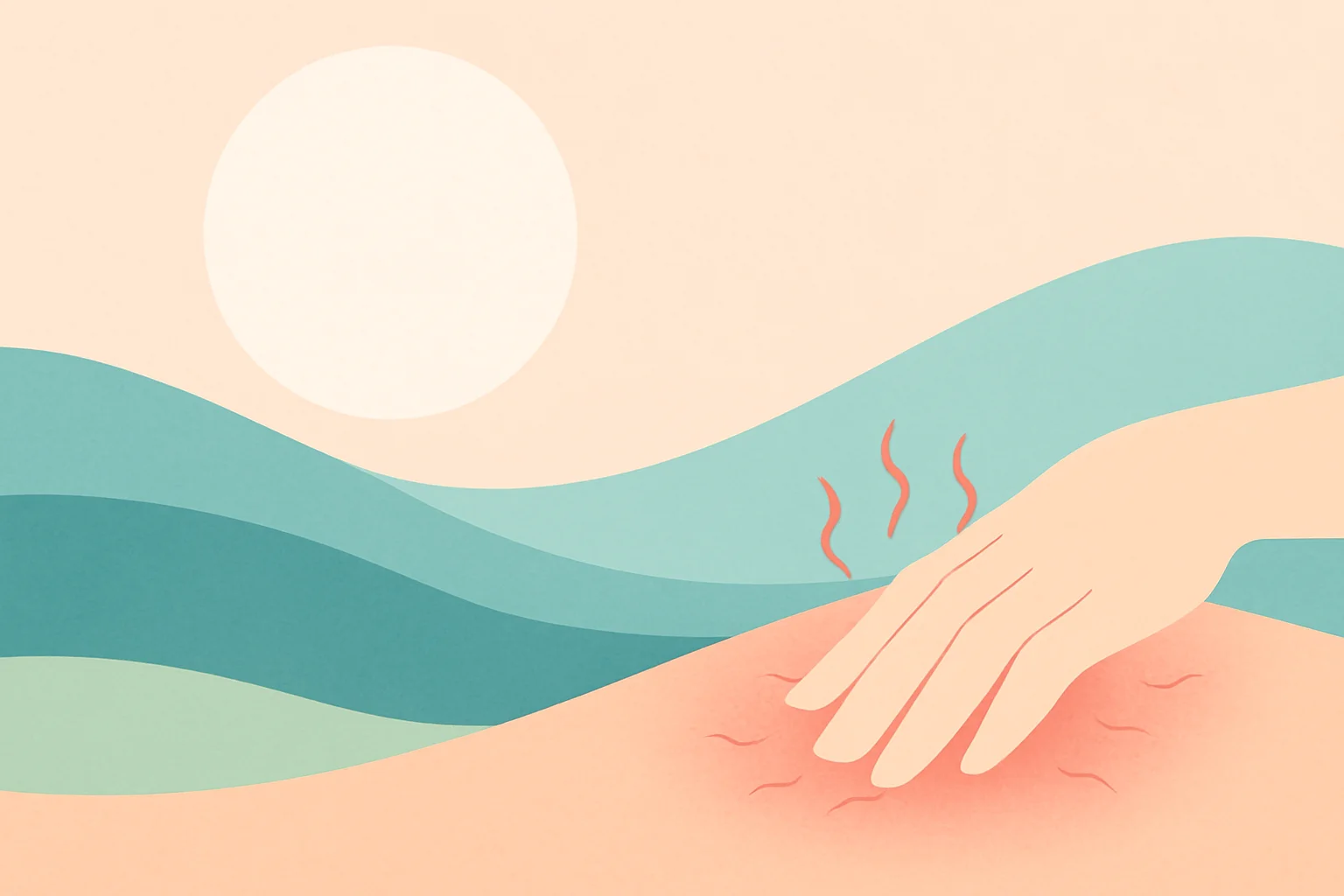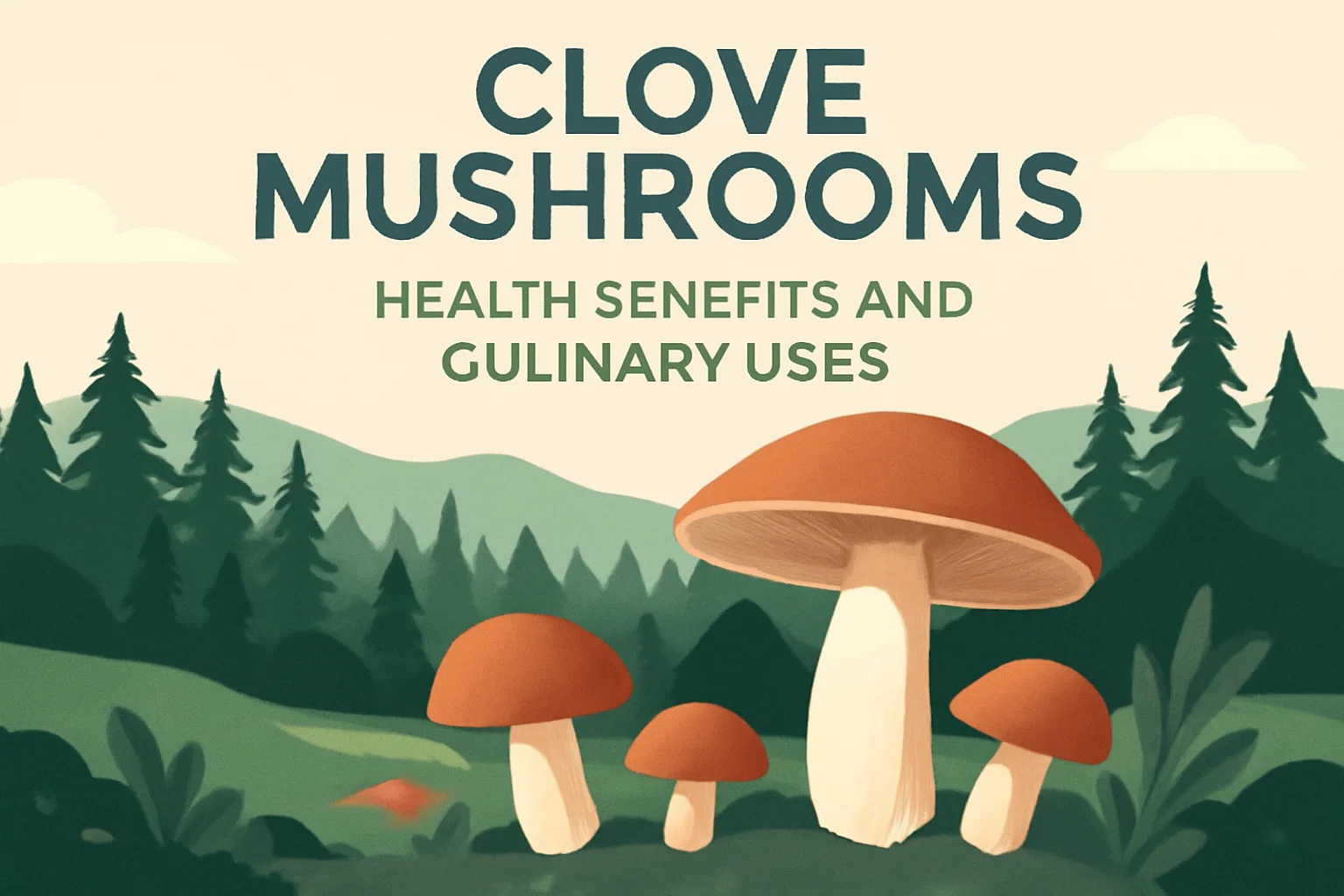
Rash and Itching: Causes, Symptoms, and Treatment Options
The skin is one of our largest and most sensitive organs, constantly exposed to external environmental factors. Therefore, it is not surprising that various skin problems can arise, among which rashes and itching are perhaps the most common. These symptoms can occur for a variety of reasons and can often be disruptive, affecting not only our physical but also our mental well-being.
Rashes and itching are often intertwined, as a rash frequently accompanies itching, while itching can be a sign of various skin issues. Understanding rashes and itching is extremely important in dermatology, as it can aid in making the correct diagnosis and finding effective treatment. Skin health is not only an aesthetic concern but also an important indicator of the overall health status of the body.
The condition of our skin is influenced by genetic factors, lifestyle, diet, and environmental effects. Allergic reactions, infections, skin irritations, and chronic skin diseases can all contribute to the appearance of rashes and itching. Due to the diversity of skin problems experienced by people, it is important to be informed about the possible causes and their treatment options.
What Causes Rashes?
Rashes can develop for a variety of reasons, encompassing a wide spectrum of causes. One of the most common reasons is an allergic reaction, which can be triggered by various substances, such as foods, medications, or chemicals. Allergic rashes often come with itching, and the location and type of the rash depend on the allergen. For example, contact dermatitis, which occurs when the skin comes into direct contact with an irritant, can also cause rashes.
Infections, whether viral, bacterial, or fungal, can also cause rashes. Chickenpox, measles, or herpes zoster are all viral diseases that come with rashes. These rashes are usually associated with other symptoms, such as fever or fatigue, and require medical treatment.
Another common cause is chronic skin diseases, such as eczema or psoriasis. These conditions predispose the skin to irritation and inflammation, leading to rashes and itching. Eczema is particularly more common in children, while psoriasis is more prevalent in adults, but in both cases, proper treatment and continuous monitoring of the skin condition are essential.
Factors causing rashes also include stress, which can exacerbate existing skin problems. Under stress, the skin becomes more sensitive and more prone to the appearance of rashes. Dermatologists often recommend using stress management techniques, such as meditation or relaxation exercises, to prevent rashes.
Itching: Symptom or Disease?
Itching is an extremely uncomfortable sensation that can accompany numerous skin problems. This symptom often serves as a warning sign that something is wrong with the condition of the skin. Itching can be temporary or chronic and can arise from various causes.
Temporary itching often occurs as a result of allergic reactions, skin irritations, or insect bites. These are generally short-term issues that can be quickly alleviated by eliminating the triggering cause. For example, if someone is allergic to a particular plant and avoids contact with it, the itching usually subsides soon after.
Chronic itching, however, is a much more complex phenomenon. This type of itching often correlates with skin diseases, such as eczema or psoriasis, as well as problems with internal organs, such as liver or kidney diseases. Treating this type of itching is more complicated because it requires consideration of not only the condition of the skin but also the underlying health issues.
To accurately determine the cause of itching, a medical examination is usually necessary. Dermatologists may perform various tests to find out what is causing the itching and can suggest treatment options accordingly. This may include the use of antihistamines, corticosteroid creams, or other medications, depending on the underlying cause of the itching.
How to Treat Rashes and Itching?
The treatment of rashes and itching depends on the underlying cause. The first step is always to identify the factor causing the problem. If an allergic reaction is behind it, avoiding the allergen is the most important thing. In cases of allergic rashes, dermatologists may recommend antihistamines to relieve itching, as well as topical creams to reduce inflammation.
In the case of bacterial or fungal infections, medical treatment is necessary. The doctor may prescribe antibiotics or antifungal medications to help combat the infection. It is also important to maintain the skin’s protection during infections, so alongside professional treatment, keeping the skin hydrated and clean is crucial.
For chronic skin diseases like eczema or psoriasis, treatment is much more complex. These conditions often require long-term treatment, which may include the use of systemic medications alongside topical treatments. It is essential for patients to follow their doctor’s recommendations and regularly monitor the condition of their skin.
For itching, keeping the skin hydrated is key. Dry skin is more prone to itching, so proper hydration can help alleviate symptoms. Dermatologists often recommend using natural oils, such as coconut oil or olive oil, which help restore the skin’s protective barrier.
It is important to note that patience and consistency are crucial when treating skin problems. Uncovering the causes of rashes and itching can be a time-consuming process, but with appropriate treatment, skin health can be restored.
**Warning:** This article does not constitute medical advice. In case of health issues, always consult a doctor and follow their advice.

